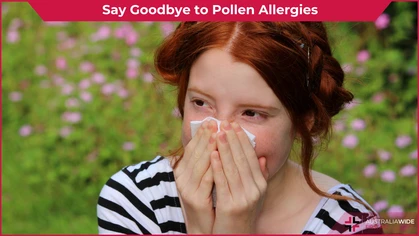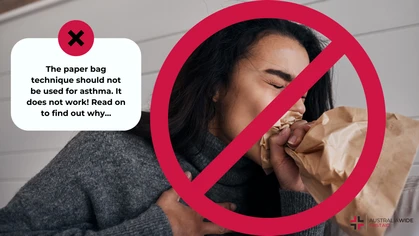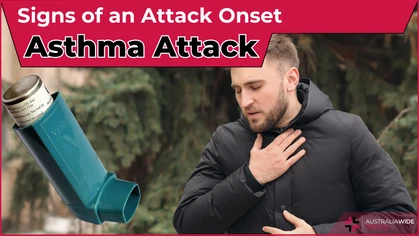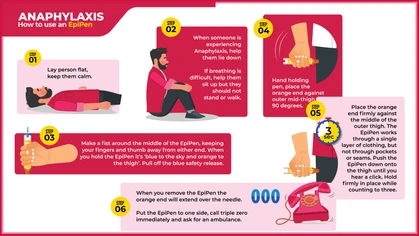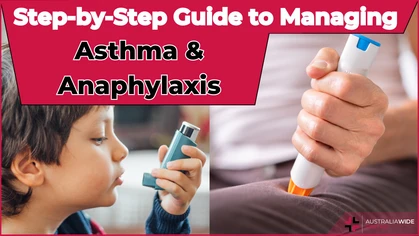Debunking Common Myths Surrounding Asthma

Allergy and Asthma
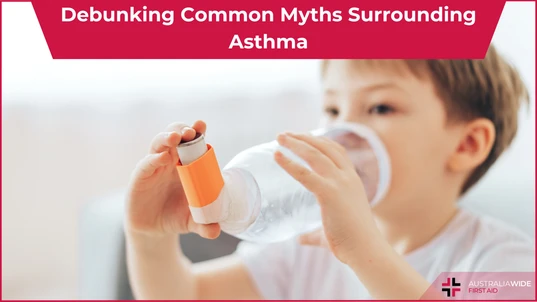 Asthma, a chronic respiratory condition affecting millions worldwide, is often shrouded in myths and misconceptions.
Despite how common it is, there is a distinct lack of common knowledge. This is leading to potential mismanagement and unnecessary anxiety for those living with asthma.
In this article, we debunk myths surrounding asthma, shedding light on the realities of this condition to promote better understanding and improved management.
Asthma, a chronic respiratory condition affecting millions worldwide, is often shrouded in myths and misconceptions.
Despite how common it is, there is a distinct lack of common knowledge. This is leading to potential mismanagement and unnecessary anxiety for those living with asthma.
In this article, we debunk myths surrounding asthma, shedding light on the realities of this condition to promote better understanding and improved management.
Myth 1: Asthma isn’t deadly
Reality: It can be. Around 400 Australians die every year from asthma, representing about 0.2% of all deaths. The majority of these are from severe asthma attacks. Globally, 455 000 people died in 2019, the most recent global study indicates. Those in developing countries are at higher risk of death, due to the lack of medical resources available.Myth 2: Asthma is just occasional wheezing and shortness of breath
Reality: Asthma is a complex condition. The airways become inflamed and narrowed, physically reducing the amount of air the person can inhale. In some people, there is also an excess production of mucous, which further increases breathing difficulties. This leads to recurrent episodes of wheezing, coughing, chest tightness, and shortness of breath. While these symptoms may vary in severity and frequency, asthma is a chronic condition that requires ongoing management and treatment.Myth 3: Asthma only affects children
Reality: While asthma is commonly diagnosed in childhood, it can affect individuals of all ages. As there is no cure, if you have asthma as a child you will also have it as an adult. Symptoms may lesson over time as you learn to manage your asthma appropriately. Adult-onset asthma is not uncommon, with triggers ranging from allergies to respiratory infections and environmental factors. Occupational exposures account for about 10% of adult-onset asthma development. Other risk factors include smoking, obesity, and respiratory infections. Unfortunately, it is often mis-diagnosed or overlooked, and less well controlled. As such, there is a risk of faster decline in lung function in adults with asthma. Asthma management is crucial regardless of age. There is a distinct need for accurate diagnosis and tailored treatment plans that are updated regularly.Myth 4: People with asthma should avoid exercise
Reality: Exercise is beneficial for individuals with asthma. Regular physical activity can improve lung function, strengthen respiratory muscles, and enhance overall health and well-being. Some people may experience Exercise-Induced Bronchoconstriction, or exercise induced asthma. You can experience this even if you don’t have other forms of asthma . With proper management, including pre-exercise medication use and warm-up routines, people with asthma can participate in various activities, including sports and fitness programs.Myth 5: Asthma medications are addictive
Reality: Asthma medications, including inhalers and oral medications, are not addictive. In fact, these medications are essential for managing symptoms, controlling inflammation, and preventing asthma attacks. With appropriate use and adherence to prescribed regimens, asthma medications can effectively control symptoms and improve quality of life without the risk of addiction.Myth 6: Asthma can be cured
Reality: No, asthma cannot be cured. It can, however, be effectively managed with proper treatment and lifestyle modifications. Asthma management focuses on controlling symptoms, preventing exacerbations, and minimizing the impact of the condition on daily life. You should talk to your doctor about keeping an updated written asthma action plan that you can follow. It is also helpful for friends and family to be aware of your plan, so they can assist as needed. With regular monitoring, medication adjustments, and avoidance of triggers, many people with asthma lead active and fulfilling lives.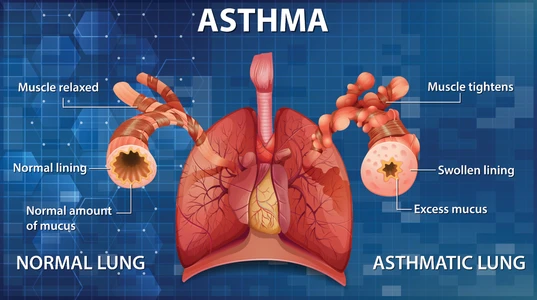
Myth 7: Asthma is just a psychological condition
Reality: Asthma is a physiological condition with clear underlying mechanisms involving inflammation and airway hyperresponsiveness. While emotional factors such as stress can exacerbate symptoms, asthma is not solely psychological. When treating asthma, it is essential to recognize the biological basis of asthma to ensure appropriate medical management, while also addressing psychological aspects.Myth 8: Asthma is not a serious condition
Reality: Asthma can be a life-threatening condition, particularly during severe asthma attacks. Without proper management, asthma can lead to respiratory failure and even death. In 2022-2022, over 25,500 Australians were hospitalised due to their asthma, with children under 14 the most common. In 2020-21, 56,600 people presented to emergency departments with complications from their asthma. It is crucial to take asthma seriously, seek medical attention for proper diagnosis and treatment, and develop an asthma action plan to respond effectively to worsening symptoms or emergencies. With appropriate asthma treatment, it can be well managed.Conclusion
Dispelling myths and misconceptions surrounding asthma is crucial for promoting better understanding and management of this chronic condition. By recognizing the realities of asthma and addressing common misconceptions, we can empower individuals with asthma to take control of their health, reduce stigma, and improve overall quality of life. Education, awareness, and access to comprehensive care are essential steps in combating asthma-related myths and ensuring optimal outcomes for those affected by this condition. Asthma emergencies can be frightening, confusing, and even life-threatening. Arm yourself with the knowledge of how to recognise and treat an asthma episode and asthma emergency with our fully-online Asthma First Aid course. Or if you need asthma knowledge and skills for your workplace, our Workplace Asthma Management and First Aid gives you the skills and knowledge to be able to develop an asthma risk assessment and emergency management strategy to handle asthma episodes in the workplace. If you want to go one step further, our Workplace Asthma and Anaphylaxis Management and First Aid course also includes what you need to know about allergies and anaphylaxis. All of our online courses can be completed at your work desk or in the comfort of your own home, with a Certificate of Completion to hand to your employer, put on your resume, or simply give you the peace of mind knowing that you can actually be helpful in an emergency situation.
Originally published at
https://www.australiawidefirstaid.com.au/resources/debunking-common-myths-surrounding-asthma
as part of the Australia Wide First Aid Articles Library


